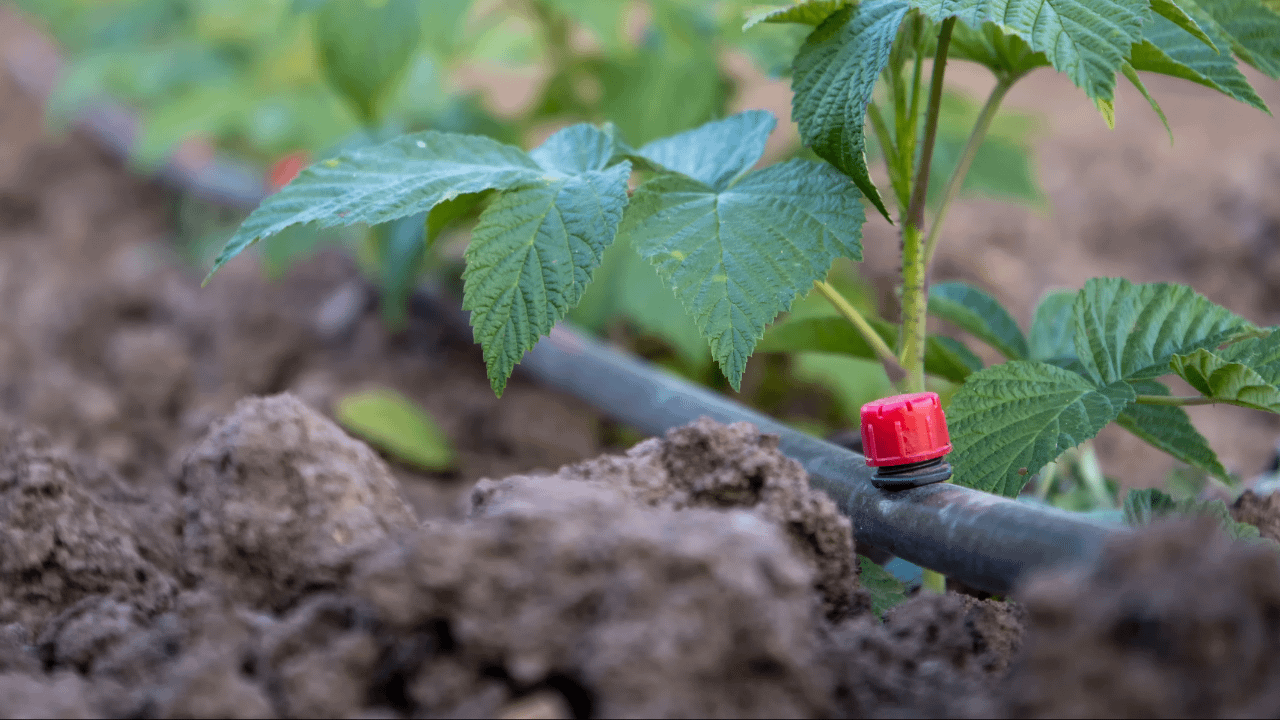Water is the heartbeat of any farm, and when it comes to growing durians—especially organically—it’s even more critical. Organic farming avoids synthetic chemicals and places a strong emphasis on natural resource management. This means efficient water usage isn’t just a nice-to-have, it’s a must. With growing environmental concerns and unpredictable weather patterns, sustainable water management is the key to ensuring your durian trees thrive while conserving resources. Let’s explore the best ways to make the most of every drop of water.
Why Is Water Management So Important for Durian Farming?
Durian trees need a regular supply of water, especially during dry periods, to grow strong and produce the high-quality fruit they’re known for. However, overwatering or poorly managed water usage can lead to soil erosion, nutrient loss, and diseases like root rot. Organic farming further complicates things because there are no chemical interventions to fall back on when problems arise. This makes a thoughtful approach to water management all the more essential.

The goal here? Keep the trees hydrated without wasting water or harming the environment. Sounds simple enough, but there’s an art to it.
Using Drip Irrigation to Minimize Waste
Drip irrigation is a no-brainer when it comes to efficient watering. Instead of flooding an entire field or relying on rainfall, drip systems deliver water directly to the roots of each tree. Think of it like using a medicine dropper rather than a bucket—you’re giving the tree exactly what it needs, right where it needs it.
This method drastically reduces water waste from evaporation or runoff and keeps your soil healthy. In organic farming, where maintaining soil quality is crucial, this system also lets you integrate natural liquid fertilizers into the irrigation, hitting two birds with one stone.
Rainwater Harvesting: Nature’s Gift
Thailand’s tropical climate means that when it rains, it pours. So why not take advantage of it? Rainwater harvesting involves collecting and storing rainwater for use during drier periods. It’s a simple but effective way to cut down on water usage from external sources, and it’s perfect for organic farms aiming to be more self-sufficient.

Installing a rainwater collection system doesn’t require a massive investment. Gutters and a storage tank can make a big difference, giving you a ready supply of water when Mother Nature decides to take a break from the downpours.
Mulching to Retain Moisture Naturally
Another great method for conserving water is mulching. By covering the base of your durian trees with organic matter like straw, leaves, or compost, you’re essentially giving the soil a blanket that helps retain moisture. Mulch reduces evaporation, meaning you don’t have to water as often, and it also protects the soil from erosion during heavy rains.
Not only does mulch help with water retention, but it also contributes to the health of your soil. It gradually breaks down and adds organic material back into the ground, which is a win-win for any organic farm.
Improving Soil Health for Better Water Retention
Healthy soil is like a sponge—it holds onto water longer and releases it slowly to the plant roots. Organic farming relies heavily on improving soil quality to manage water more efficiently. Composting, cover cropping, and adding organic amendments like manure can enhance the soil’s ability to retain moisture.

By focusing on building up the organic content of your soil, you’ll create a more resilient farm that can handle both dry spells and heavy rains with less water loss. Good soil means less irrigation is needed, which conserves water and boosts the overall health of your durian trees.
Combining Techniques for Maximum Efficiency
The real magic happens when you combine all these techniques. Drip irrigation ensures precision, rainwater harvesting gives you an extra source of water, mulching locks in moisture, and healthy soil holds onto that water for longer. It’s a holistic approach that not only conserves water but also enhances the sustainability of your farm in the long run.
Water management isn’t just about keeping your trees alive today—it’s about ensuring that your farm remains productive and environmentally responsible for years to come.
Conclusion
Water management is the backbone of sustainable organic durian farming. By implementing strategies like drip irrigation, rainwater harvesting, mulching, and improving soil health, you can significantly reduce water waste and improve the quality of your crops. Organic farming comes with its own set of challenges, but with the right water management techniques, you can grow healthier, more sustainable durian trees that will thrive in even the most unpredictable weather.




















